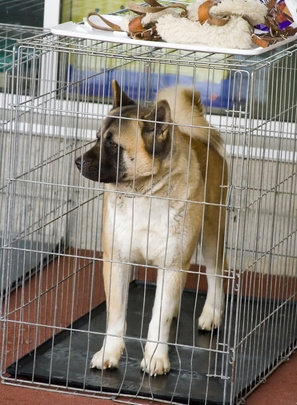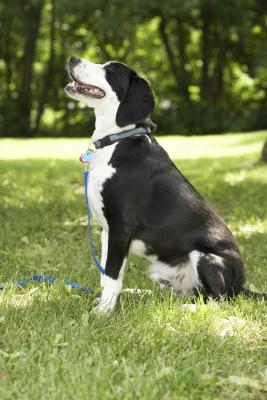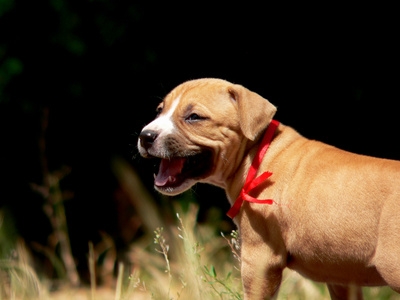Getting a new puppy can be an exhilarating experience for the entire family. But with this new pet comes a lot of hard work and responsibility. Your new puppy is cute and cuddly now but in only a few short months, it will be much larger and have picked up a few habits, good or bad.
Before you bring your new little puppy home sit down with the entire family and decide about how you want to go about instilling the right kind of behavior from the beginning. This is to avoid inconsistency in the training from the start.
So when is the best time to start your new puppy's behavior training? As soon as possible. It will be best for the pup if it knows as soon as it arrives in your home what the rules are.
If this is the first time you are bringing a puppy into your house there are a few items you will need to take care of. Firstly inside the house you will need to designate a space where the dog will eat and sleep. Secondly it's advisable to make space outside where the pup can go to the toilet.
Once in agreement and everyone understands their roles, is when you should bring the puppy home. Instruction will also be easier to give to your puppy when you designate who in the family will be the "Alpha Dog" or the leader of the family. It should be someone who will be responsible for the dog's primary training.
Repetition is key to any good training program for your dog. Always remember to praise your dog when a task is performed well and use a frown or form of disapproval to let the dog know you are not pleased.
Some think that the growl method of training is silly or not useful, but watch a mother dog with her pups and you will soon realize that the puppy's actions are curbed by a snap or growl. We are not saying to nip at your pet but a low growl or a sharp, "No" will cause the puppy to discontinue its unwanted behavior.
Behavior training should be done in the moment. This means that should your puppy start to do something you don't want it to do like chew on a slipper, for instance, you will need to enforce discipline right there and then. The dog will not learn if you wait until later and then try and teach it not to chew on shoes.
Once you have a technique for disciplining then get everyone to use the same technique. This will speed up the effectiveness of the behavior training.
Having patience is imperative in order to be in control while you train your dog. The level of time spent with the dog will pay off in the long run with a well behaved and respectful animal.

 How to Train Kittens to Use the Litter Box
How to Train Kittens to Use the Litter Box
How to Train Kittens to Use the Litter Box
How to Train Kittens to Use the Litter Box
 Crate Training and Crying
Crate Training and Crying
Crate Traini
Crate Training and Crying
Crate Training and Crying
Crate Traini
 How to Train a Dog With an Electronic Training Collar
How to Train a Dog With an Electronic Training
How to Train a Dog With an Electronic Training Collar
How to Train a Dog With an Electronic Training
 How to Train Jug Puppies
How to Train Jug Puppies
How to Train
How to Train Jug Puppies
How to Train Jug Puppies
How to Train
 I'm Having Trouble Potty Training My Dog
I'm Having Trouble Potty Training My Dog
I'm Having Trouble Potty Training My Dog
I'm Having Trouble Potty Training My Dog